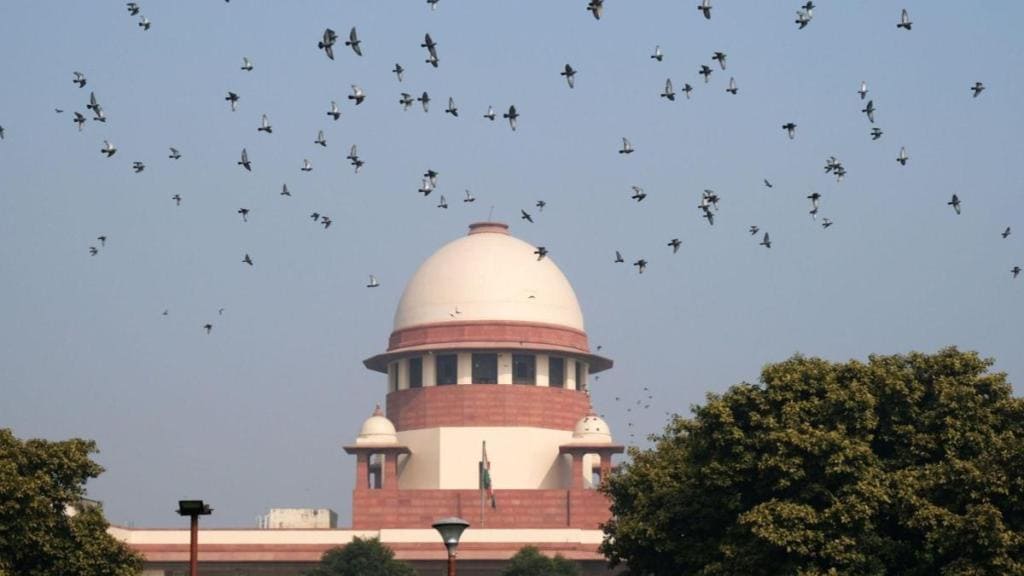In a 7-2 majority ruling, the Supreme Court held that states do not have the constitutional authority to take over all privately owned resources for distribution to serve the “common good.”
A nine-judge bench, led by Chief Justice DY Chandrachud, however, said that the state can claim private property in certain circumstances.
The majority verdict, written by Chief Justice Chandrachud and six other judges, overruled a previous ruling by Justice Krishna Iyer that allowed the state to acquire all privately owned resources under Article 39(b) of the Constitution for redistribution.
Article 39(b) in the Directive Principles of State Policy (DPSP) says that “the state shall, in particular, direct its policy towards securing- that the ownership and control of the material resources of the community are so distributed as best to subserve the common good”.
The CJI wrote for himself and six other judges on the bench which decided the vexed legal question on whether private properties can be considered “material resources of the community” under Article 39(b) and taken over by State authorities for distribution to subserve the “common good”.
Justice BV Nagarathna partially disagreed with the majority judgment, while Justice Sudhanshu Dhulia dissented on all aspects of the ruling.
The judgment marks the latest development in a long-standing legal battle. The case involved 16 petitions, including a lead petition from the Mumbai-based Property Owners’ Association (POA), which challenged Chapter VIII-A of the Maharashtra Housing and Area Development Authority (MHADA) Act. This provision, inserted in 1986, empowers state authorities to acquire cessed buildings and the land they occupy if 70% of residents request restoration.
The MHADA Act was enacted under the framework of Article 39(b), part of the Directive Principles of State Policy, which directs the state to ensure that the “ownership and control of the material resources of the community are so distributed as best to subserve the common good.”
Article 39(b) in the Directive Principles of State Policy (DPSP) says that “the state shall, in particular, direct its policy towards securing- that the ownership and control of the material resources of the community are so distributed as best to subserve the common good”.
(With PTI inputs)
)

